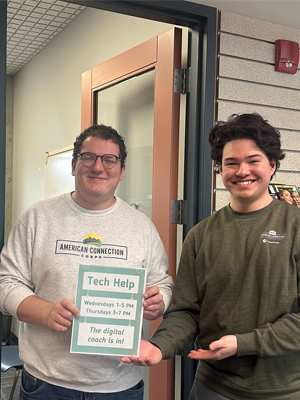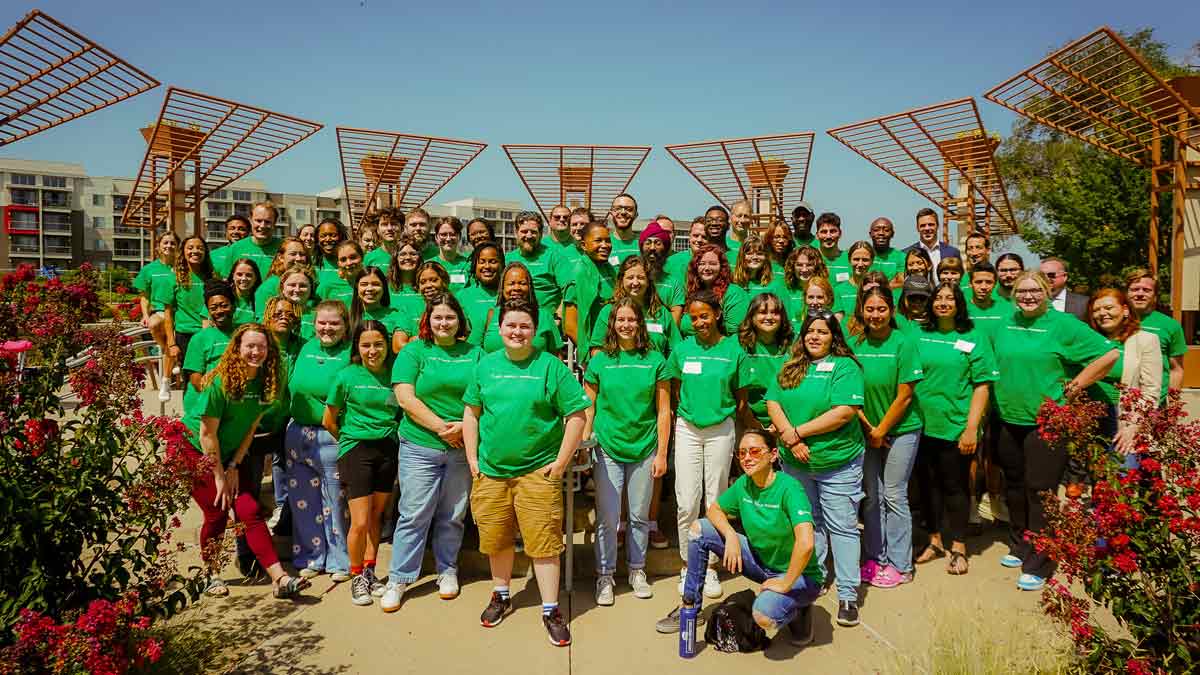Fund supports nonprofits like Lead for America, which aims to boost digital connectivity in rural and disconnected areas
The U.S. Bank Foundation recently distributed $15 million in grants from the U.S. Bank Foundation Opportunity Fund* to increase wealth-building opportunities for low- to moderate-income (LMI) communities, including rural and Native American communities and communities of color.
 ACC AmeriCorps members Brandon and Benj serve with Tech2Elevate in western Pennsylvania, advancing digital literacy in the region.
ACC AmeriCorps members Brandon and Benj serve with Tech2Elevate in western Pennsylvania, advancing digital literacy in the region.
In the first round of funding, the grants include more than $6.5 million to nonprofit organizations providing small business support, $4 million to organizations focused on affordable housing, nearly $3.5 million to organizations working to increase the availability of and access to homeownership, and $1 million to organizations aiming to increase digital access and enhance economic development in rural and Native American communities. Many of these nonprofits also will receive support in future rounds of funding.
“By working with nonprofits that have deep roots in local communities, the U.S. Bank Foundation Opportunity Fund supports stable housing options, helps new businesses flourish and communities thrive,” said Reba Dominski, chief social responsibility officer at U.S. Bank and president of the U.S. Bank Foundation.
Lead for America (LFA), with a goal to help increase civic leadership capacity and access to digital technology in rural and digitally disconnected communities, is an example of the kind of support the Opportunity Fund strives to provide, recognizing that connected and skilled communities can better leverage opportunities for growth and innovation. The grant will support LFA’s flagship program, the American Connection Corps (ACC), which recruits and trains civic-minded individuals to spend a year in their hometown communities addressing connectivity-related challenges.
Corps members are embedded within local nonprofits or government agencies in more than 70 communities across 27 states and work hand in hand with each community to help provide the capacity and resources to meet local needs.
“The digital divide is multidimensional and nuanced. It's about more than just gaining access to broadband –it's also about how you're able to translate connectivity into real prosperity for your community,” said ACC Executive Director Taylor Stuckert. “This requires new leadership in a number of sectors – economic development, health, education, agriculture, natural resources, and more – to be both civically capable and digitally fluent, and ACC brings that possibility to life.”





